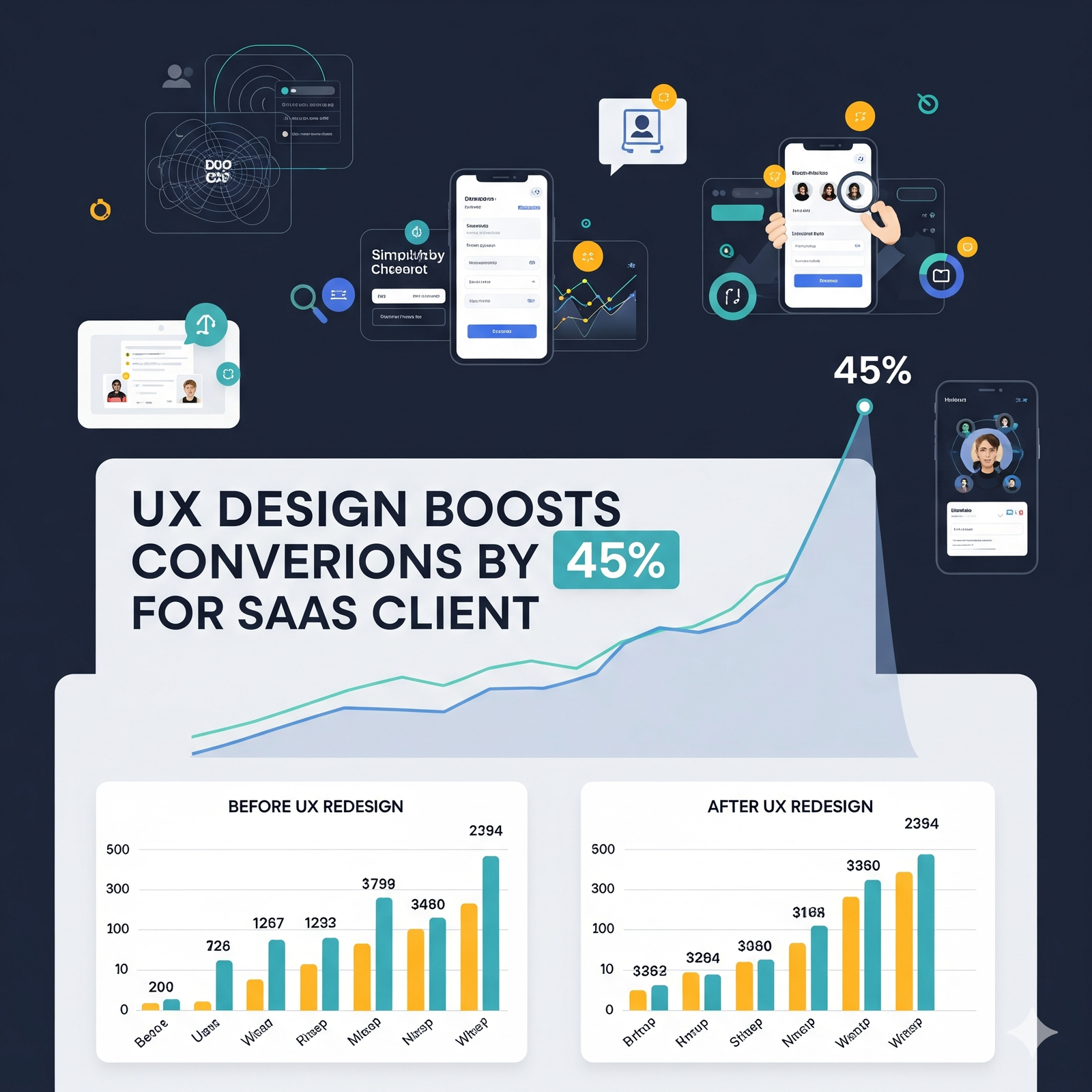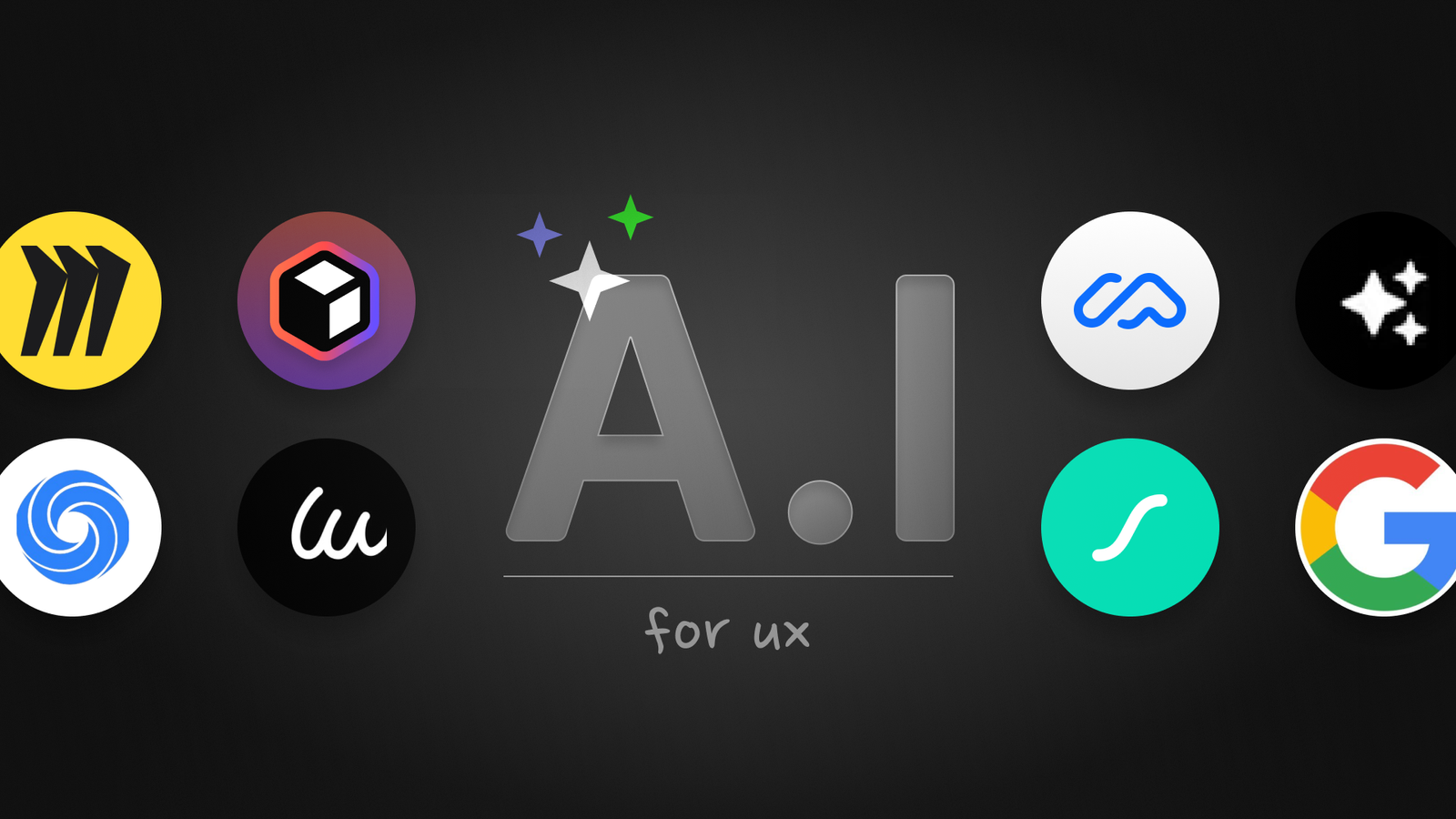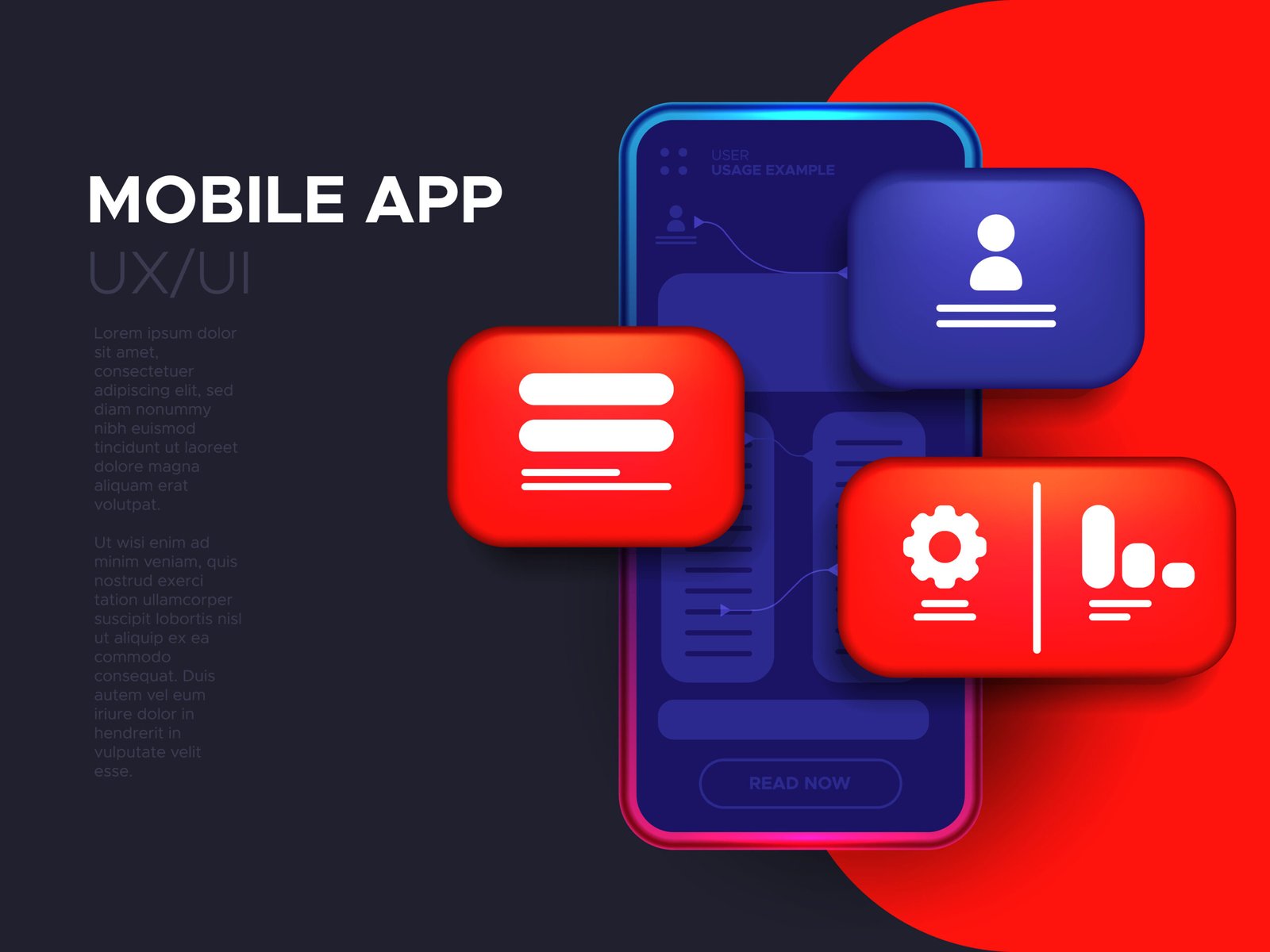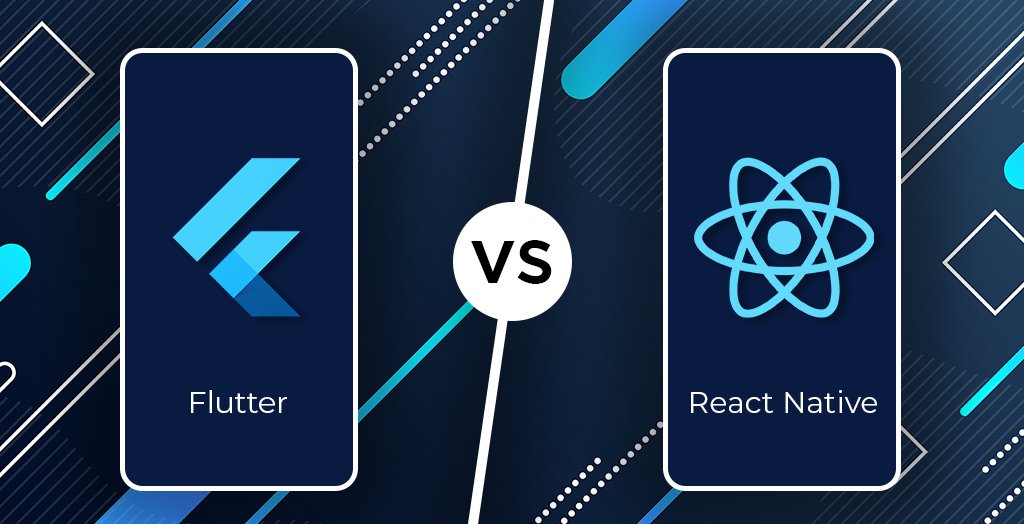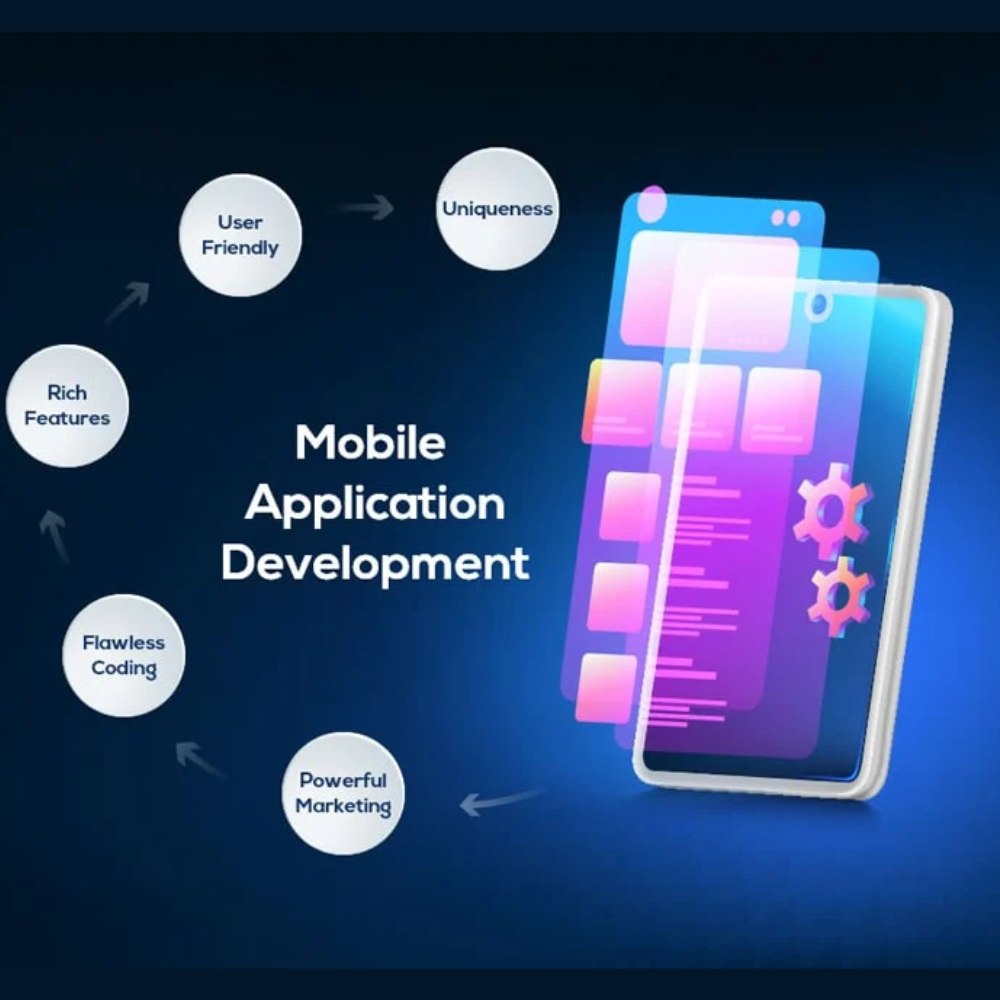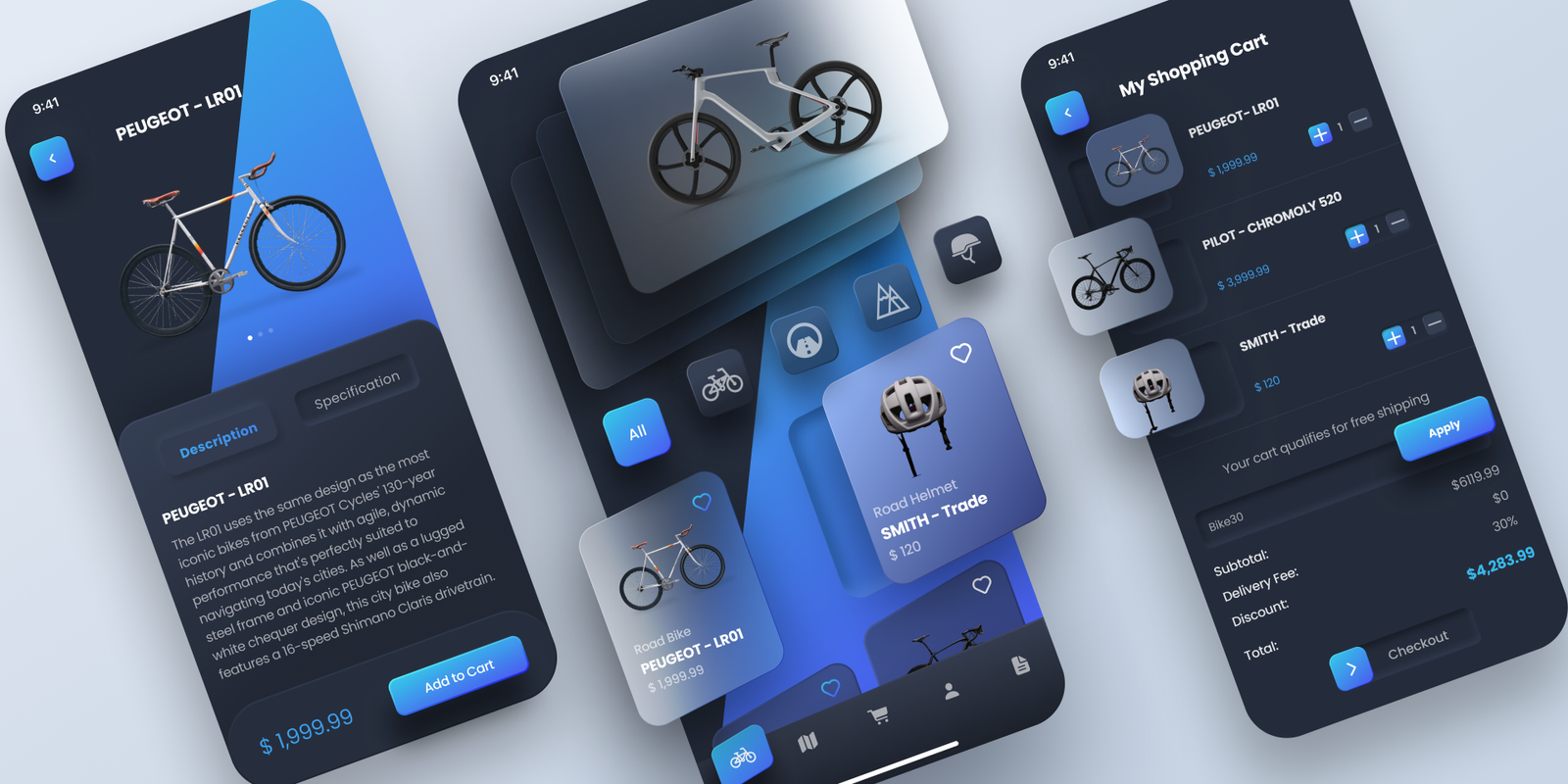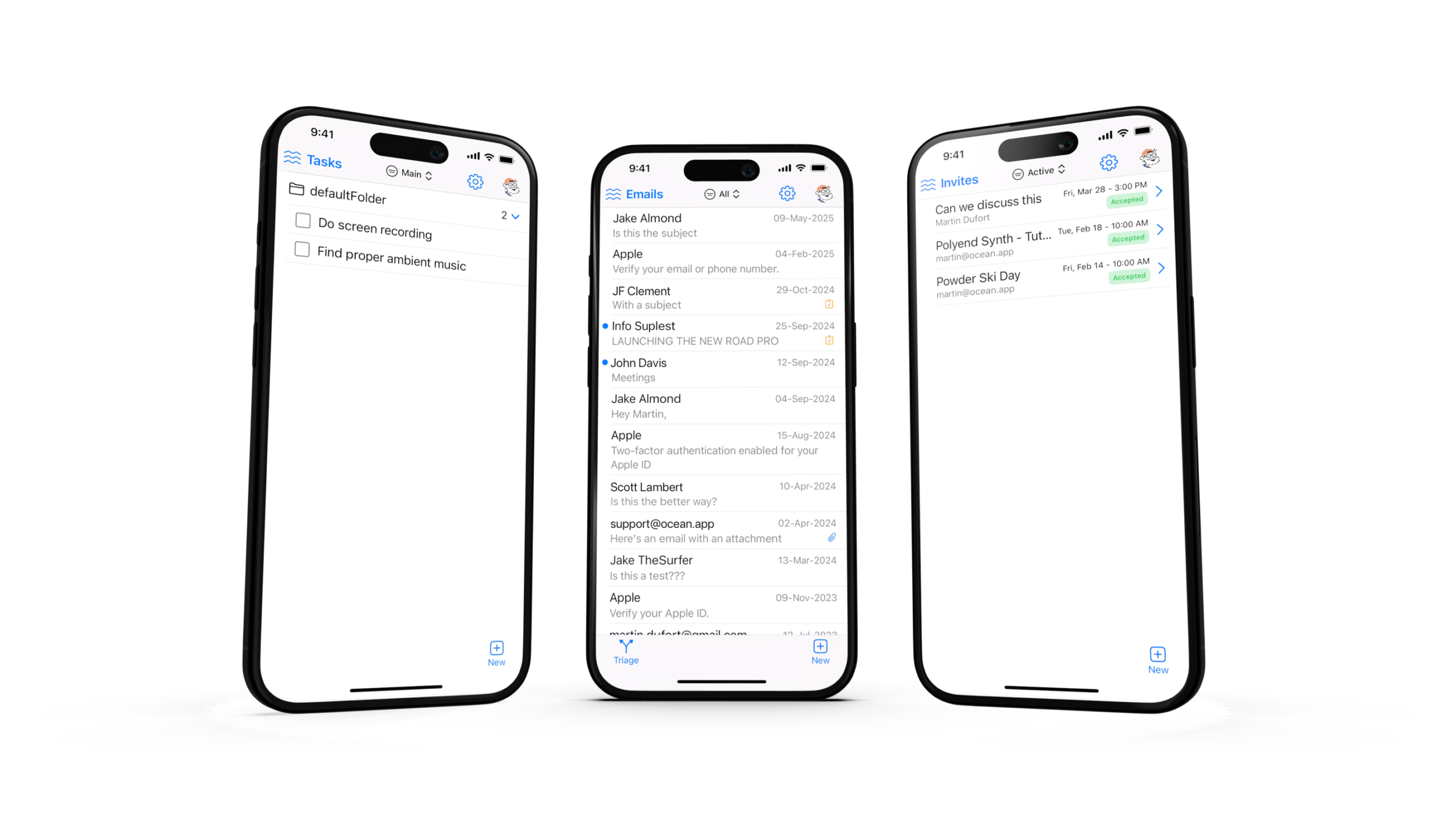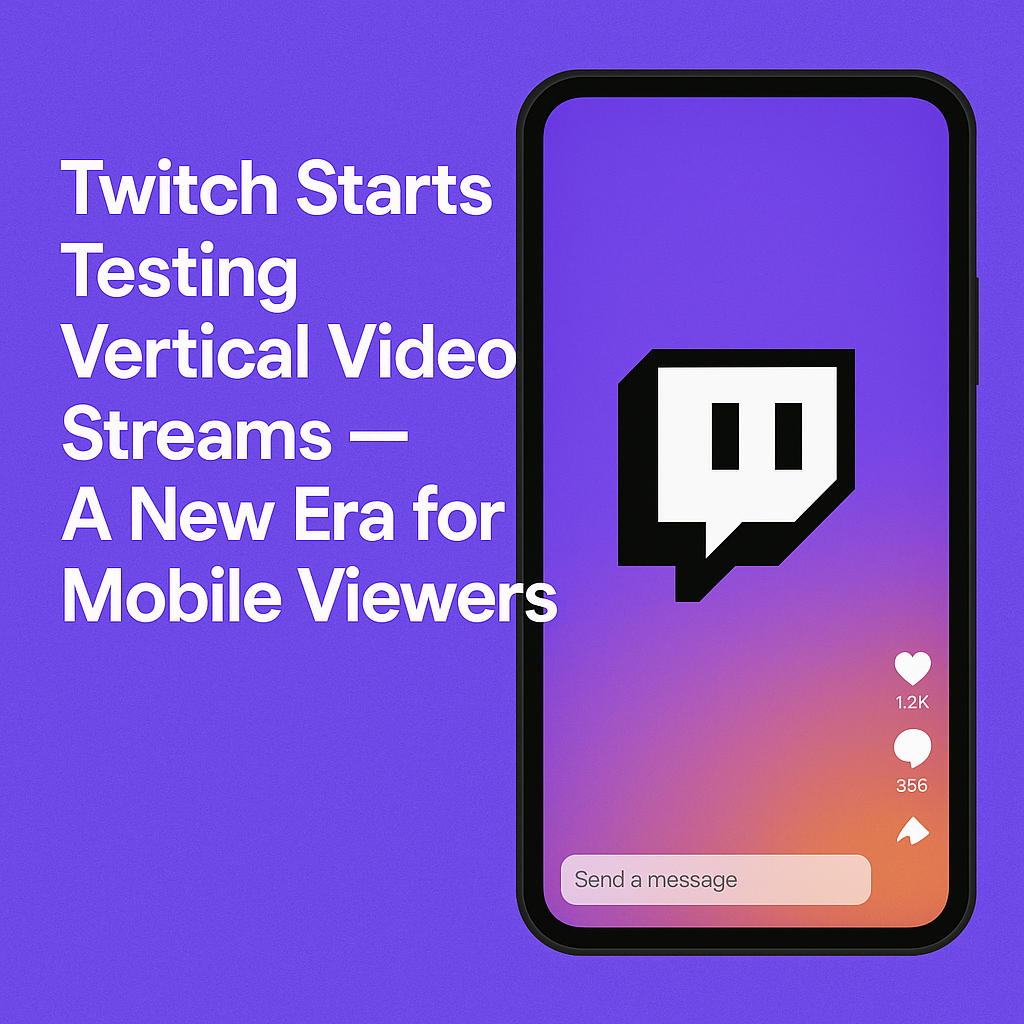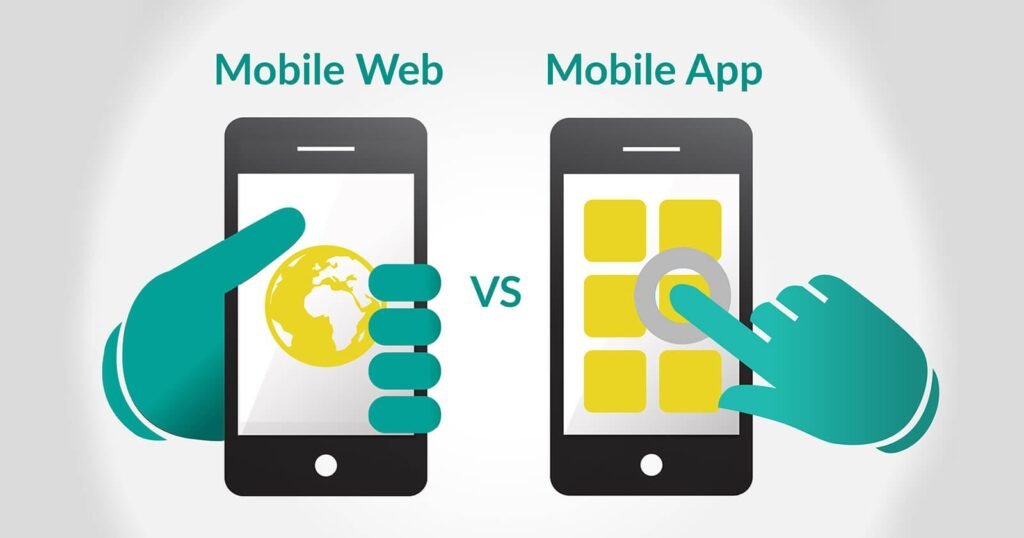
In today’s fast-paced digital landscape, businesses must decide the best way to connect with their customers and deliver seamless user experiences. One of the most important decisions companies face is whether to invest in a web application or a mobile application. Both options have unique strengths and limitations, and the right choice largely depends on your business goals, target audience, budget, and long-term strategy.
As technology continues to evolve in 2025, the lines between web apps and mobile apps are blurring, yet the decision remains critical. Choosing the wrong path could mean wasted resources and missed opportunities, while the right decision can lead to stronger customer engagement, higher conversions, and sustainable growth. Let’s dive into the differences between web apps and mobile apps, analyze their advantages, and explore how businesses can determine which option best suits their needs.
What is a Web App?

A web app is essentially a responsive application that runs inside a browser. Unlike traditional websites, web apps offer interactive functionality, making them more dynamic and user-focused. They do not require installation from an app store; instead, users can access them directly via a URL.
Web apps are usually built using technologies like HTML5, CSS, and JavaScript, and many modern web apps use frameworks such as React, Angular, or Vue. They can be accessed from any device with an internet connection and a browser, making them widely accessible. Progressive Web Apps (PWAs) have also gained popularity in recent years, providing offline access, push notifications, and faster loading speeds that closely mimic native apps.
The main appeal of web apps lies in their cross-platform accessibility and cost-effectiveness, allowing businesses to reach wider audiences without developing multiple versions for different operating systems.
What is a Mobile App?

Mobile apps, on the other hand, are software applications specifically developed to run on mobile devices such as smartphones and tablets. They are usually downloaded from app stores like Google Play or Apple’s App Store. Unlike web apps, mobile apps can leverage the full power of a device’s hardware and software, such as GPS, camera, push notifications, and offline storage.
Mobile apps can be native, built exclusively for a particular operating system (iOS or Android), or hybrid/cross-platform, developed using frameworks like Flutter or React Native to run across multiple platforms with a single codebase.
The biggest advantage of mobile apps lies in their ability to deliver high performance, seamless user experiences, and deep integration with device capabilities. They also allow for better personalization and can build stronger engagement through features like push notifications, in-app purchases, and offline access.
Key Differences Between Web Apps and Mobile Apps
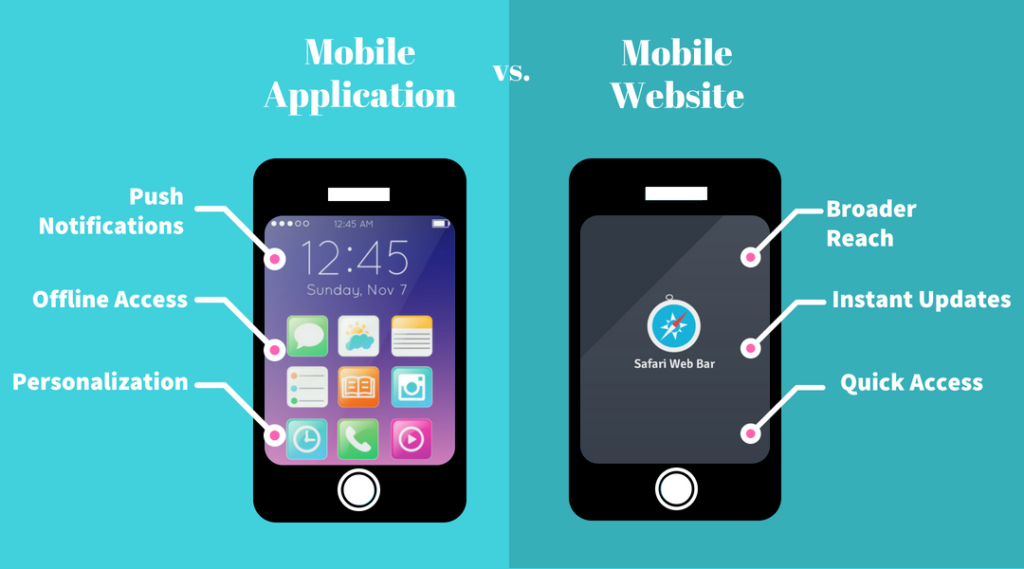
While both web apps and mobile apps can serve as powerful tools for businesses, they differ in functionality, accessibility, cost, and user experience.
Web apps are more accessible, easier to maintain, and cheaper to build initially, but they are often limited by browser capabilities and internet connectivity. Mobile apps, by contrast, provide richer functionality, better performance, and deeper engagement, but require more investment in terms of development, updates, and distribution.
Understanding these differences is essential for businesses when making strategic technology decisions.
Advantages of Web Apps for Businesses
For businesses with tight budgets or those wanting to maximize reach, web apps are an excellent choice. They require no installation, run on multiple devices, and can be updated instantly without users needing to download new versions. Web apps are also more search engine friendly, making them discoverable through Google and other search platforms.
For startups and SMEs, launching with a web app is often the quickest way to validate an idea and reach users without significant upfront costs. Progressive Web Apps further enhance the value by providing app-like functionality such as offline usage and push notifications.
Advantages of Mobile Apps for Businesses
Mobile apps offer unique benefits that web apps cannot always replicate. They deliver faster performance, smoother interfaces, and better access to hardware features. For businesses that rely on personalized experiences, gamification, loyalty programs, or complex workflows, mobile apps are often the superior choice.
They also build stronger brand presence, as having your app downloaded on a customer’s phone keeps your brand top of mind. Features like push notifications enable real-time communication, while integrations with device capabilities allow businesses to create more engaging experiences.
For industries like fintech, healthtech, gaming, and e-commerce, mobile apps remain the gold standard for customer engagement and retention.
Factors to Consider When Choosing Between Web and Mobile Apps
Deciding whether to build a web app or a mobile app depends on several factors:
- Target Audience: If your users are more likely to access your product through browsers, a web app might suffice. If they need on-the-go accessibility and device integration, a mobile app is ideal.
- Budget: Web apps are generally cheaper to build and maintain, while mobile apps often require higher investment but deliver better performance and loyalty.
- Functionality: Complex, feature-rich applications benefit more from mobile apps. Simpler tools and services may thrive as web apps.
- Engagement Goals: Businesses looking for long-term engagement and loyalty may prefer mobile apps, while those focused on reach and discoverability might choose web apps.
Which is Right for Your Business?
There is no one-size-fits-all answer. For some businesses, the best approach is to start with a web app to test the market and later invest in a mobile app as the user base grows. Others may need a mobile app from day one, especially if device integration and high engagement are critical.
In many cases, businesses are now adopting hybrid strategies, building both web apps and mobile apps to maximize reach and engagement. Progressive Web Apps also serve as a middle ground, offering a cost-effective solution that combines the accessibility of web apps with some of the features of mobile apps.
Aligning Technology with Business Goals
The decision between a web app and a mobile app comes down to aligning your choice with your business goals, resources, and user needs. Both options can be highly effective when implemented correctly. The key is not just to follow trends but to understand your customers’ behaviors and deliver the experience they value most.
At UXDLAB, we’ve helped startups and enterprises make this choice by carefully analyzing their requirements and creating solutions that maximize ROI. Whether it’s a web app for broad accessibility or a mobile app for deeper engagement, success lies in building an experience that delights users and drives business growth.

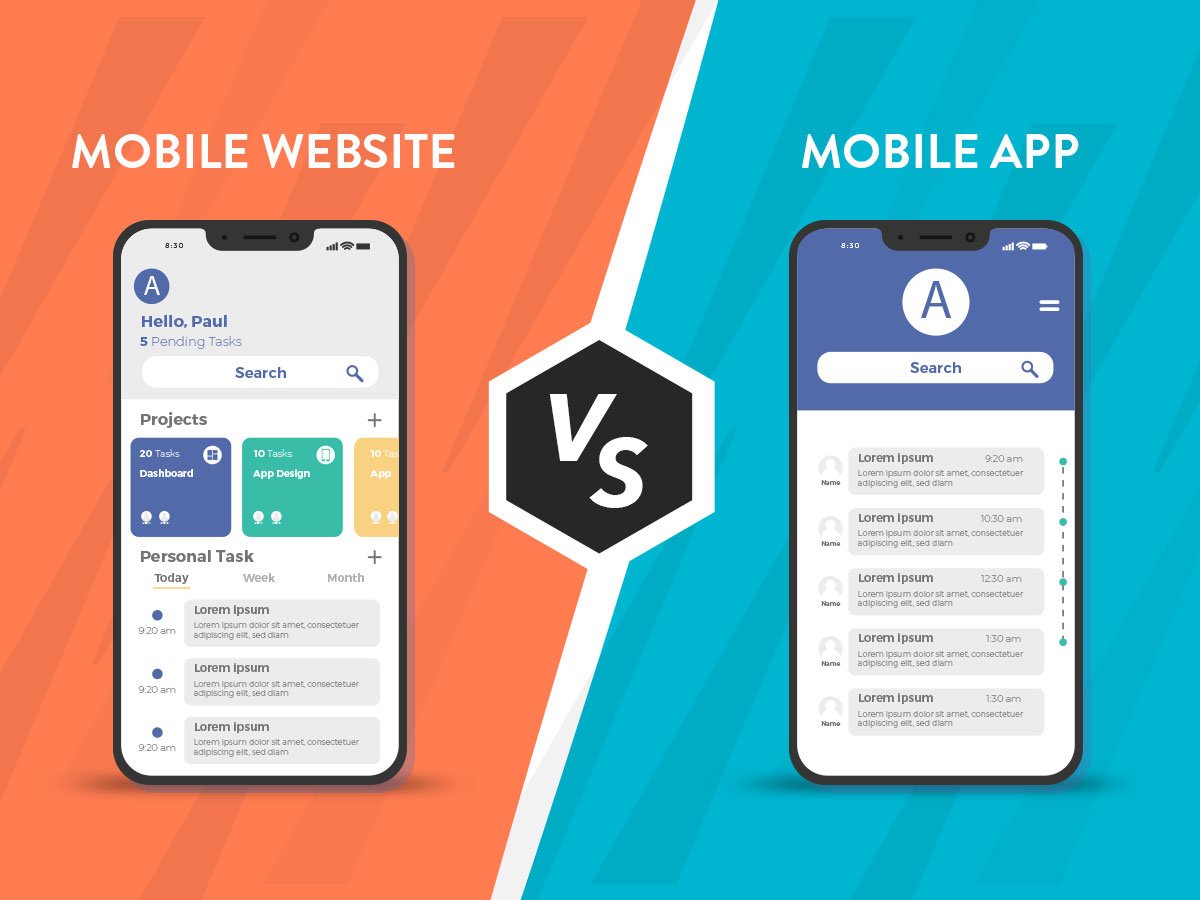







































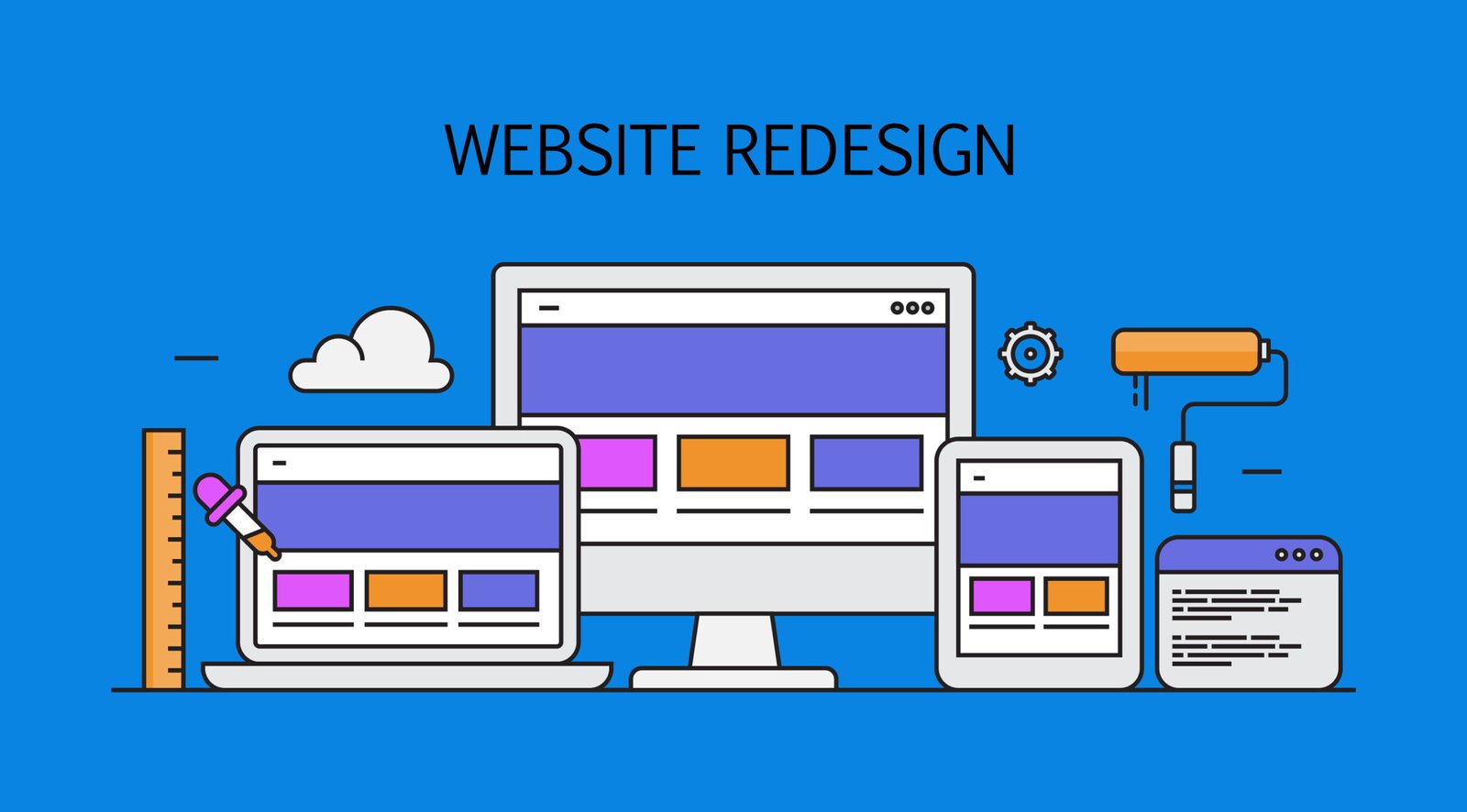

![Case Study: How We Helped [Client] Scale with a Custom Mobile App](https://uxdlab.com/wp-content/uploads/2025/08/case.png)




